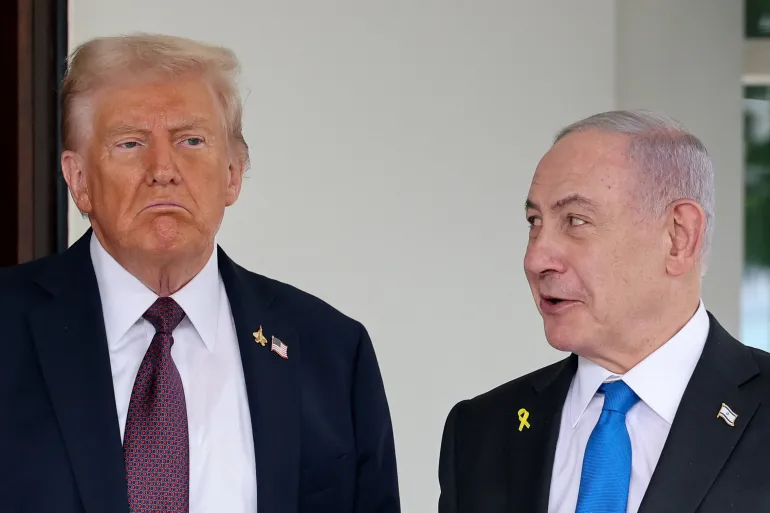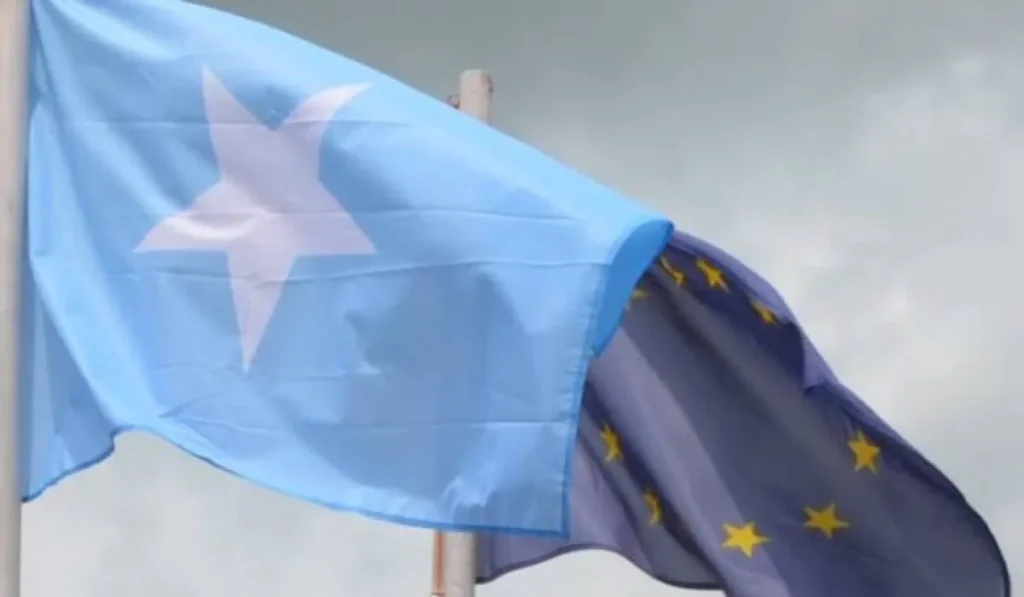
In July, U.S. President Donald Trump met five African leaders in Washington, exposing his unfamiliarity with the continent. He praised Liberia’s President Boakai for his English and urged another leader to end remarks, signaling a casual approach. Yet Trump’s main message was bold: a new U.S.-Africa relationship based on trade, not aid, despite deep regional worries.
Africa, rich in minerals like manganese and uranium, was offered opportunities, including a golf course invite to Trump from Senegal. The Trump administration has cut billions in aid, shuttering USAID, which gave over $12 billion in 2025 alone.
Now, the focus is on “commercial diplomacy,” judging ambassadors by business deals instead of aid projects, said Troy Fitrell, United States Ambassador to Guinea.
Africa accounts for less than 1% of U.S. goods trade, but Fitrell called it “the world’s largest untapped market.” The continent’s purchasing power could soar past $16 trillion by 2050, offering vast potential for American business.
Early signs show 33 agreements worth $6 billion in Trump’s first 100 days, spanning energy, digital infrastructure, and tourism. However, rising tariffs and economic pain cast long shadows over these headline wins, unsettling many African nations.
Critics argue that Trump’s steep tariffs and uncertainty over AGOA, the U.S. trade program for Africa, amount to economic warfare. South Africa’s auto exports to the U.S. plunged over 80%, risking over 100,000 jobs, while Lesotho faces a textile industry crisis.
AGOA expires in September with no renewal in sight; future deals may demand “reciprocity,” reflecting U.S. interests, Fitrell warned. Meanwhile, China expands duty-free access to 53 African countries, challenging U.S. influence amid fears of American retaliation.
Economists warn that shifting from aid to trade risks leaving Africa behind once America secures critical minerals. The U.S. push for economic gains collides with African hopes for fair and sustainable partnership in a rapidly changing world.




